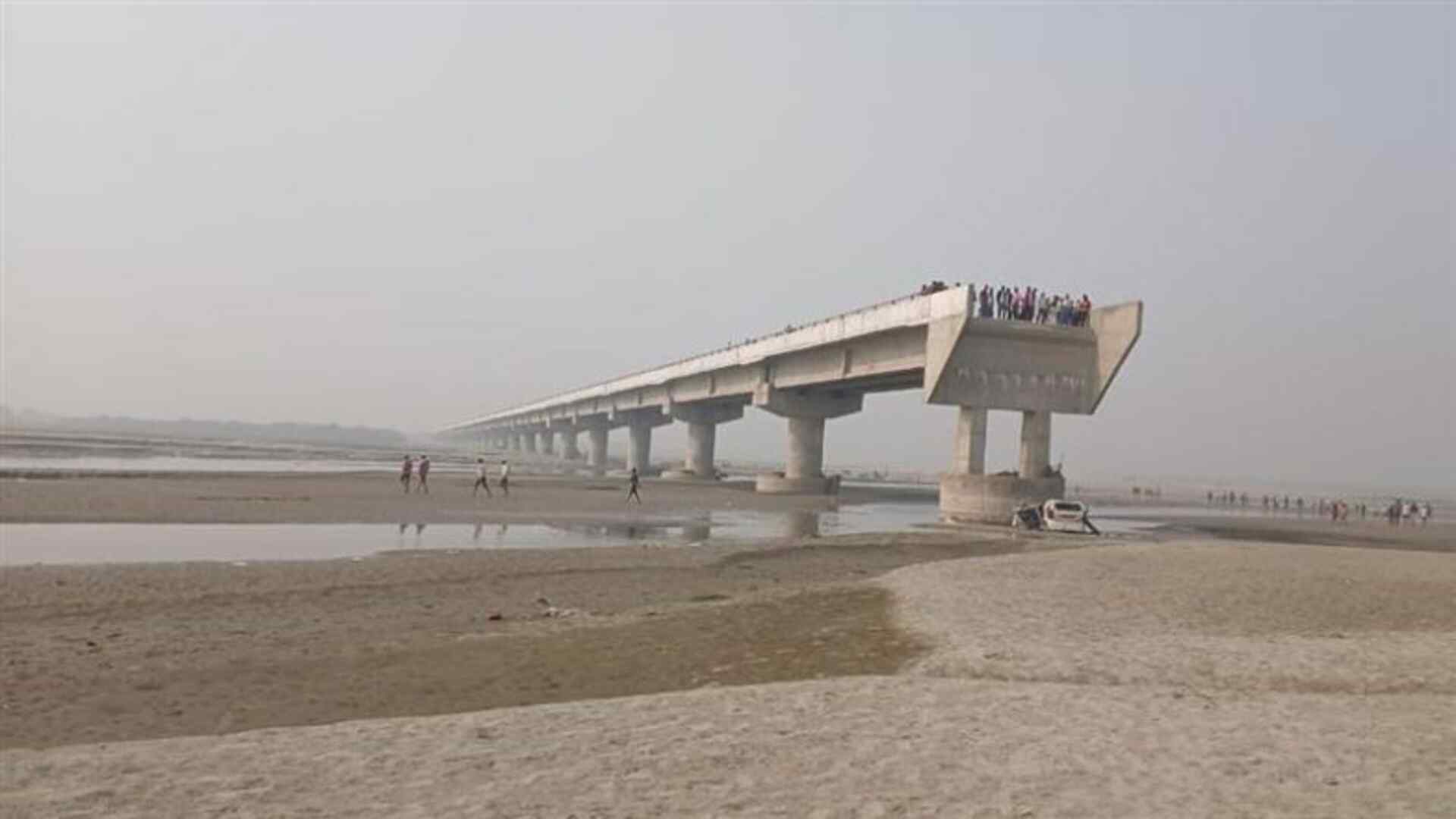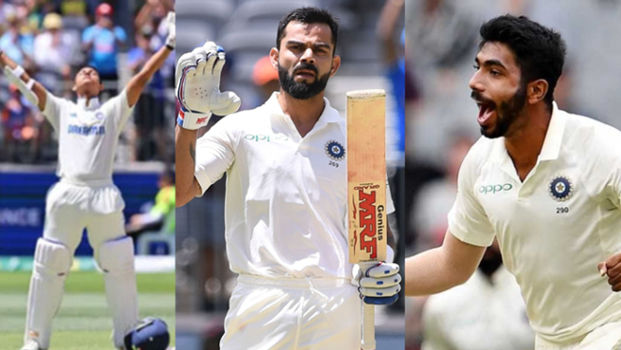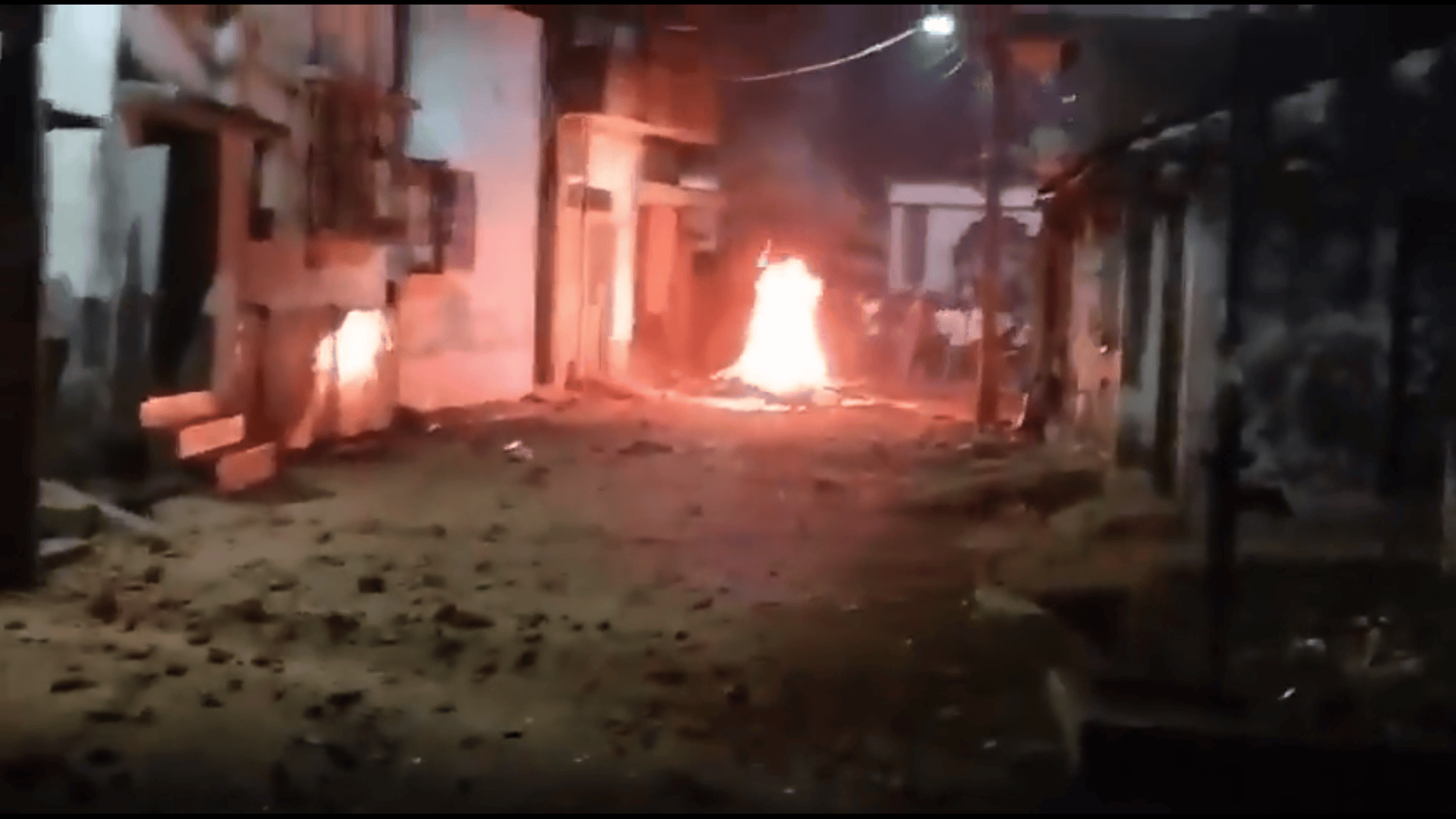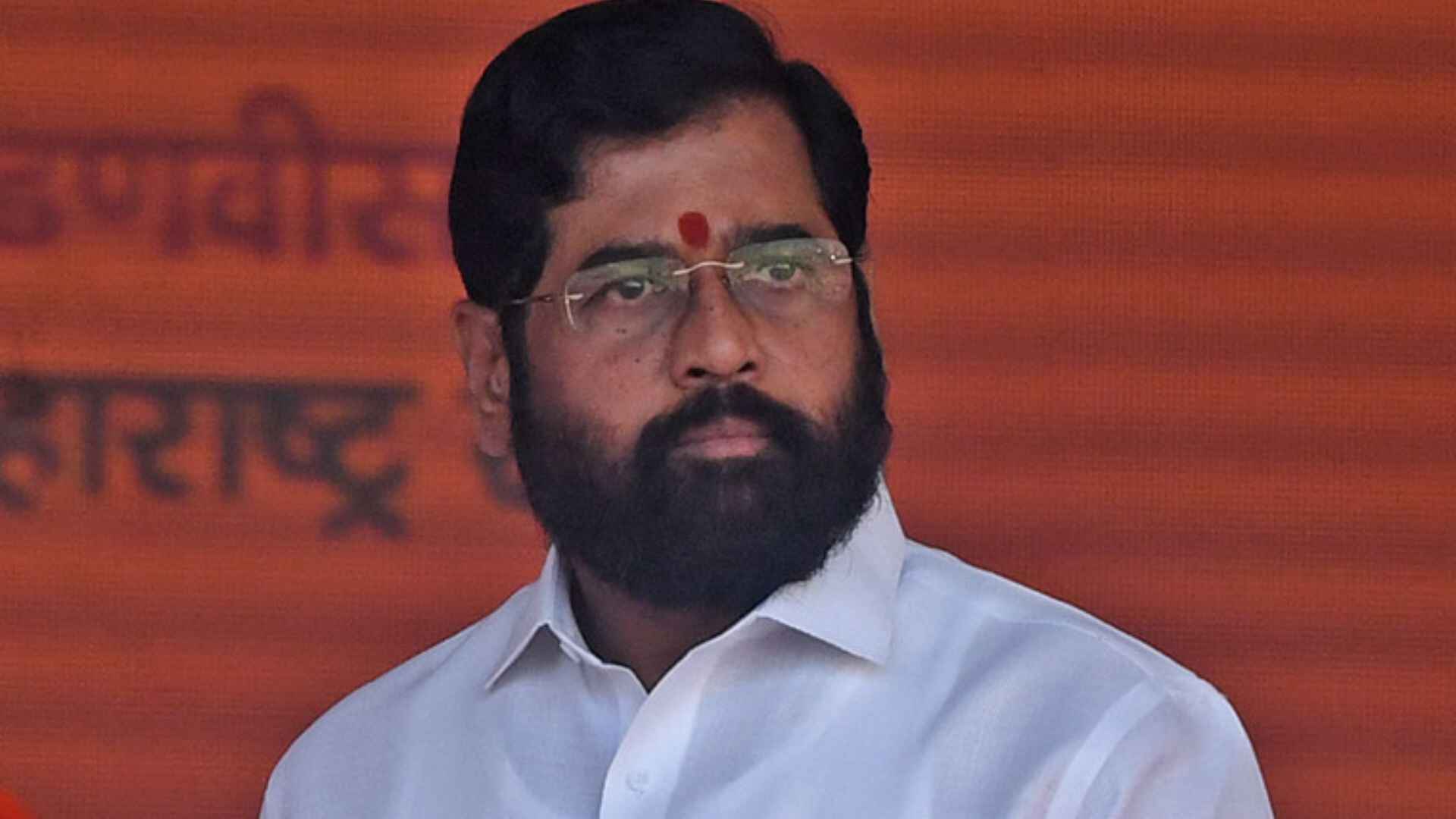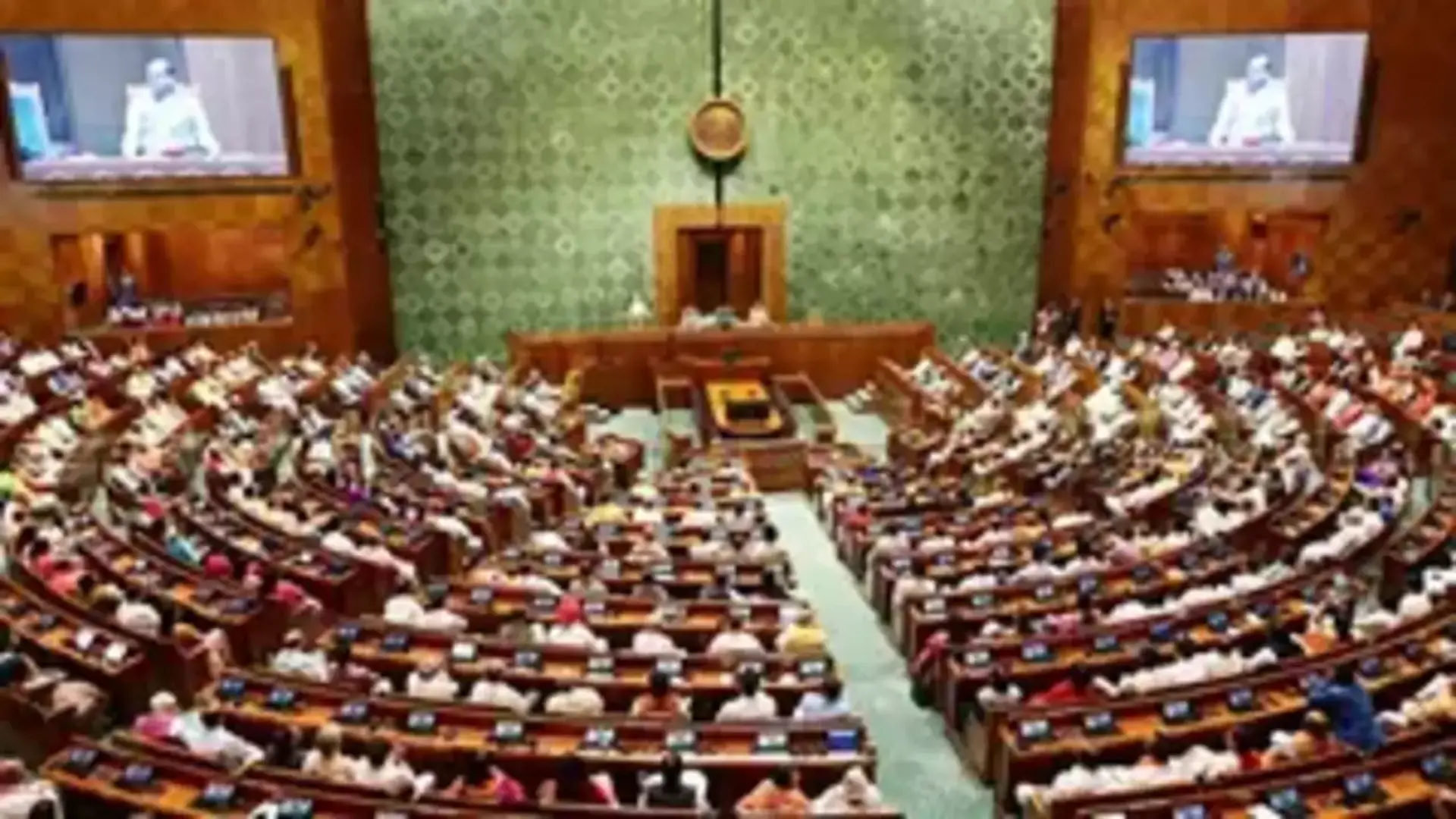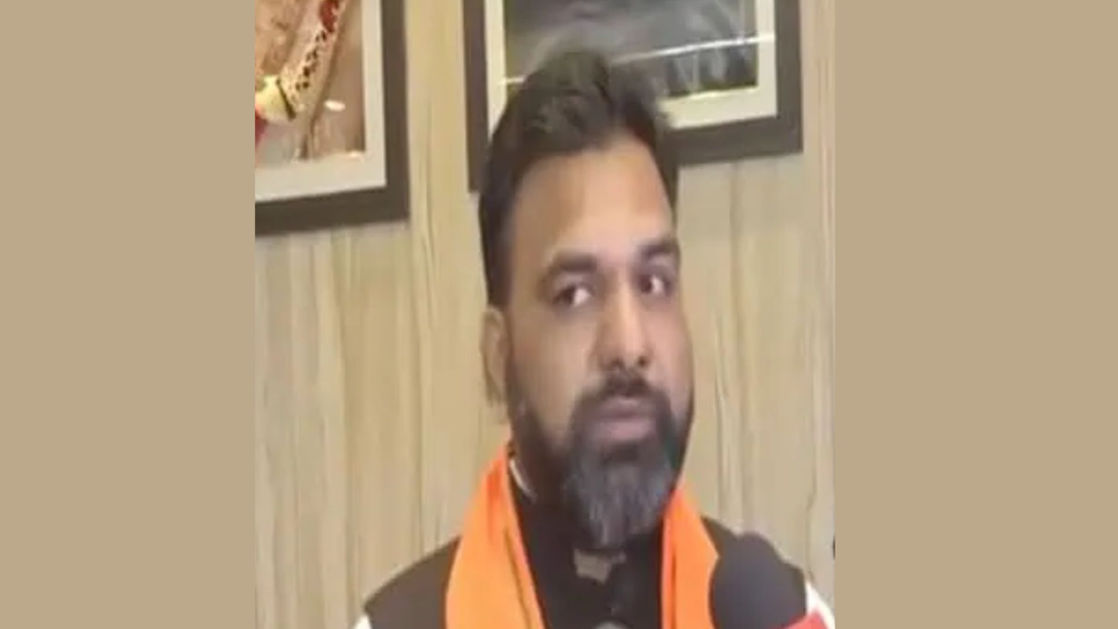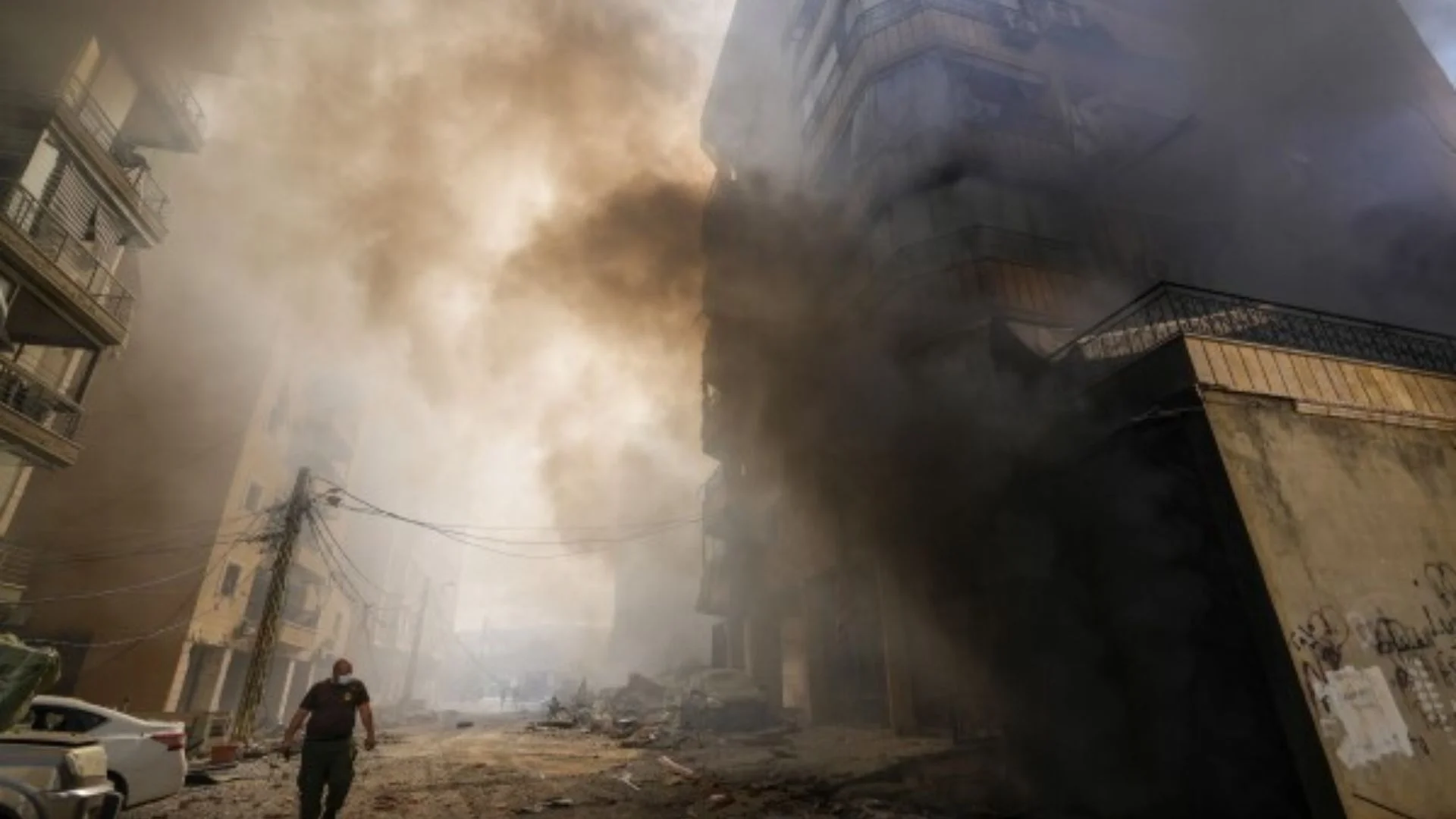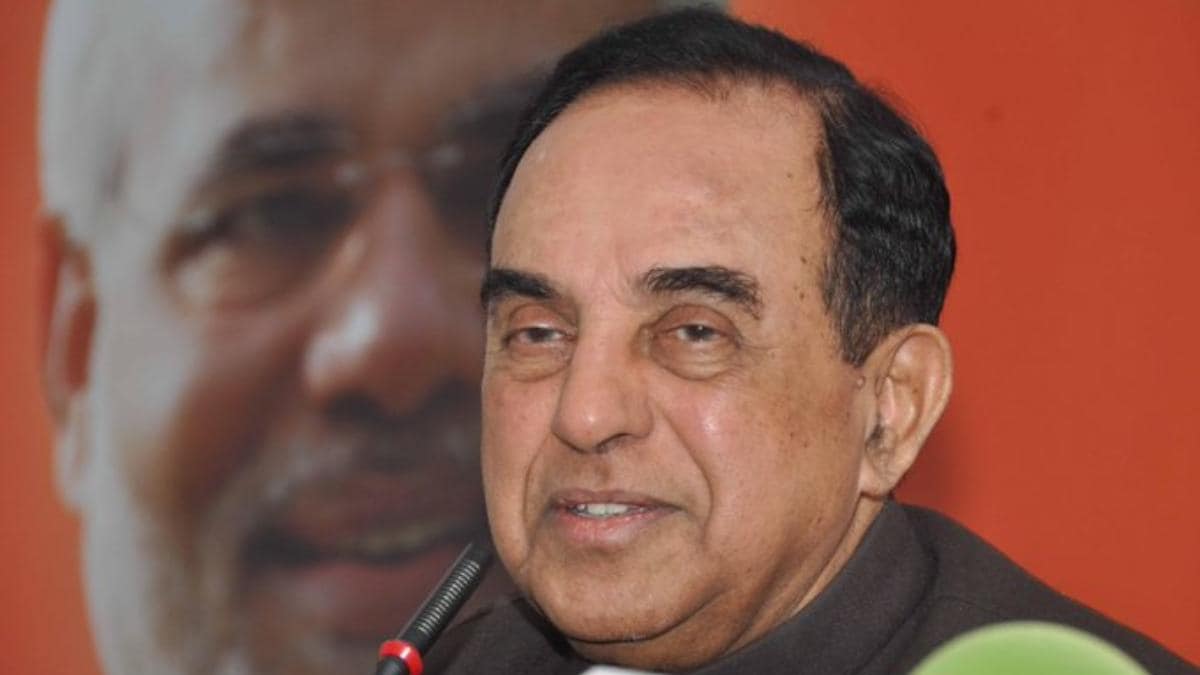
BJP leader and MP Subramanian Swamy filed a petition in the Supreme Court against the Uttarakhand High Court judgement in which the court had dismissed his plea against the state government’s takeover of the Char Dham sites and 51 other shrines. In its July 21 verdict, the Uttarakhand High Court had upheld the validity and constitutionality of the Uttarakhand Char Dham Devasthanam Management Act of 2019.
The Char Dham shrines include Kedarnath, Badrinath, Gangotri and Yamunotri. In his plea, Swamy said that the worshippers at these Dhams belonged to a separate religious denomination so had the right to own the shrines, manage and administer them, but the HC ruled that believers, including those of the Shaivite and Vaishnavite forms of worship, are not denominational worshippers.
An NGO named People for Dharma and Indic Collective Trust has also filed a petition in the Supreme Court against the Uttarakhand High Court judgement. The NGO’s appeal stated that Section 2(d) of the Act, which provides for the Char Dham to be managed by the Devasthanam Board established under the Act, «leaves no possibility for preserving this law with regard to
The administration of the property belonging to a religious institution in accordance with law would also not give the secular State the power to legislate statutes that take away the rights of the community without assigning a valid reason nor it can be so broad in language to cover within its ambit legitimate matters of religion, the plea said.
The High Court has erred in refusing to protect the right of the Sanatani Hindus to protect the piety and sacredness of their oldest of traditions related to their most important pilgrimage, the plea added.
The plea also said that the Uttarakhand Char Dham Devasthanam Management Act of 2019 is unconstitutional due to the arbitrariness and un-secular character of various provisions and “therefore the intent of the Legislature therein violates the rights of the Petitioner herein and millions other devotees as guaranteed by Articles 14, 25 and 26 of the Constitution”.
The Act is also inconsistent with and therefore violative of the Article 31A of the Constitution and for the said reasons its validity is being challenged hereby, the plea further stated. According to the plea, the Article 31A (1) (b), as held by a Constitution Bench of Supreme Court in Ramanlal Gulabchand Shah v. State of Gujarat & others, 1969 AIR 168, can be invoked only if management of any property is taken over by the State in public interest or to secure proper management, for a limited period.

